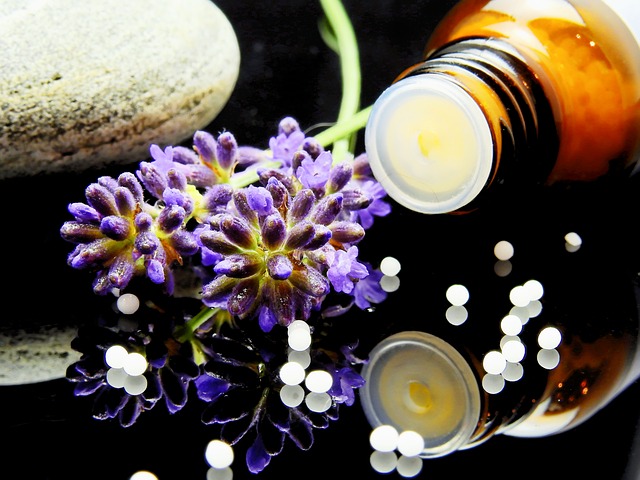
Herpes simplex virus (HSV), or simply herpes, has affected billions of people in the world. And once you have contracted this virus, it will be with you for life. But although this viral infection has been on textbooks for the past generation, its concrete treatment is still difficult to be found. With few modern applications showing some promising abilities for herpes, are we really closer to its full cure?
The symptoms of herpes do not explicitly manifest on the body unless you are knowledgeable of the disease. The infection caused by the herpes simplex virus does not carry with it any major effect aside from blisters on the genital areas. In between treatment, the virus could cause outbreaks in specific areas, making it difficult to cure. According to most physicians, the virus could appear latent, and hides on the nervous system of a person, waiting for triggering factors to wake them up.
The herpes simplex virus (HSV) has two separate labels: type 1 and type 2. The type 1 or called “cold sores” is caused by HSV 1. The type 2 is popularly known as “genital herpes” and triggered by HSV 2. Cold sores are transmitted by oral contact and can be spotted in the mouth and facial areas. The genital herpes appear as blisters around the genital areas and other surrounding parts like buttocks and hips.
The herpes virus is contagious and its sole facilitator is through direct contact especially during sexual intercourse, thus it is labelled as a sexually transmitted disease (STD). Once the virus is transferred, it does not manifest itself that quick because of our resident antibodies. These antibodies are our natural defense against virus and bacteria. The HSV virus can be activated by local stimuli immunodeficiency, menstruation, trauma, and sexual intercourse.
As researches on herpes simplex virus revealed its occurrence and activity, scientists started to learn and recognize the possible methods of combating the virus. Right now, there are several antiviral drugs formulated to hinder the reproduction of herpes. The way HSV replicates its DNA exactly to the form of infestation put doctors into working with a temporary cure. And the most prescribed antiviral drug that posed a relative change on the production of herpes is Acyclovir.
Acyclovir reduces the number of outbreaks an infected person experience by binding the DNA composition of the herpes simplex virus so it does not replicate. Although it may stop the HSV from replicating, it does not completely erase the virus out of the system. The key to its treatment is continuous medication so future outbreaks will be avoided.
This drug is safe and more reassuring owing to the millions of patients who have used it for the herpes treatment. Although it is a tolerated drug, effects on the body can still be experience while in medication such as nausea, rashes, and headache. Normally, these effects should appear mild if prescription is strictly followed.
For first-time outbreaks, this antiviral drug could reduce succeeding occurrences, which could tone down any severe effect from the virus. Today, acyclovir is included in the roster of the “safest and most effective medicines,” indicated on the World Health Organization’s List of Essential Medicines. Through proper maintenance and therapy, Acyclovir might be the closest to the herpes cure by reducing the episodes and amount of blistering in patients.
Although living with HSV infection could be tolerable to some people, the mere diagnosis of this disease could cause shame or embarrassment. So coping with this virus should not take away someone’s ability to enjoy life. While some are reluctant to seek professional advice, it is definitely practical to check your partner’s lifestyle. In addition, gathering information about herpes infection could enable a patient to consider early treatments.
